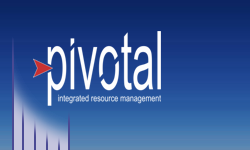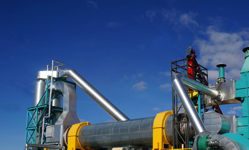Solid Waste
Solid waste and biomass planning is fundamental for communities and a
key part of an IRM system approach, which maximizes recycling.
Our IRM Process analyses how
to optimize this and creates an implementable plan. The Ministry
of the Environment recommends this approach in its guidelines for waste
planning in British Columbia.
Example
For the Township of Esquimalt, a community of >17,000 and
home to Canada's Pacific Fleet, we developed an IRM plan to
achieve >90% landfill diversion while exceeding corporate GHG
reduction targets at no extra taxpayer cost. We then
planned and managed public engagement, resulting in over 85%
public support and unanimous Council decision to proceed.
See the Library for more detail, links
and documents.
An international engineering group studied solid waste
management options for three communities and concluded the best
option would cost $119m. We reviewed the recommended system and
found that if optimized using IRM, the systems could be
structured differently to produce taxpayer lifecycle benefits of +/-$340m, with considerably better ecological and
environmental results.
We also reviewed the proposed organics recycling plan. The
proposed system will result in 63% reuse and recycling. An IRM
approach and optimised system would be capable of reusing and
recycling up to 97% with reduced costs and risks (see also the
recycling and technologies
pages). |


